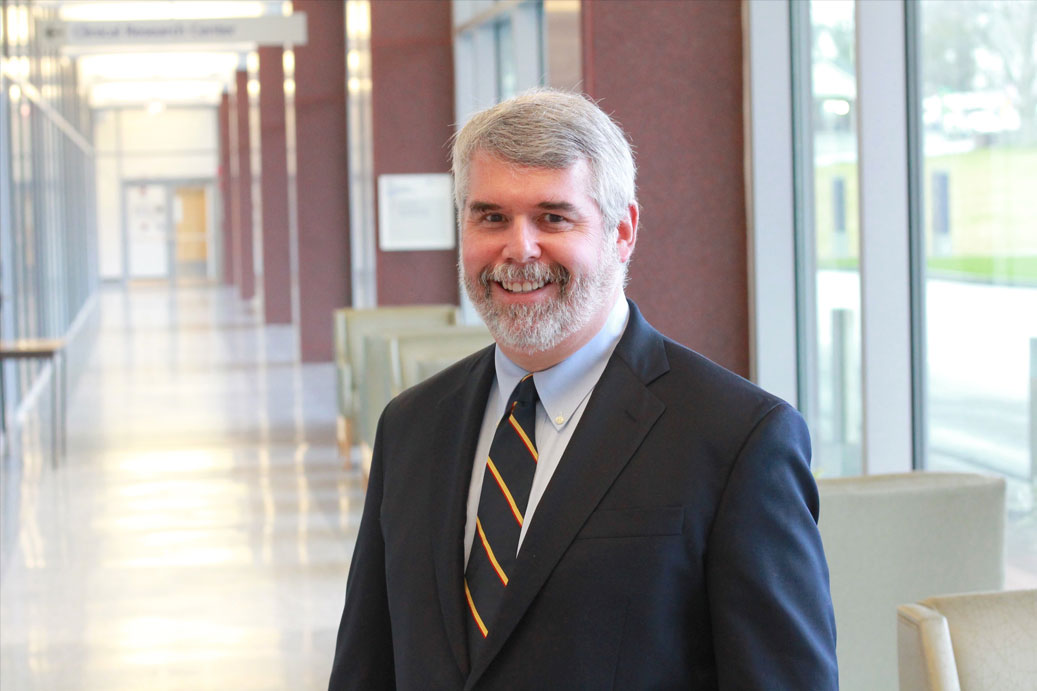Biosimilars have become an increasingly popular topic in the world of healthcare, with many people wondering if they are really the same as the originator product. Biosimilars are essentially generic versions of biologic drugs, which are drugs made from living organisms or their derivatives. Unlike traditional generic drugs, which are chemically identical to the brand-name drug, biosimilars are similar, but not identical, to the original biologic drug.
The question of whether biosimilars are truly the same as the originator product is a complex one, and it is a topic that has generated much debate among healthcare professionals and patients alike. On one hand, biosimilars are designed to be highly similar to the original biologic drug, and they are rigorously tested to ensure that they meet strict safety and efficacy standards. On the other hand, because they are not identical to the original biologic drug, some people question whether they can be trusted to provide the same level of effectiveness.
One of the key factors that contributes to the ongoing debate about biosimilars is the lack of long-term data on their safety and efficacy. While clinical trials have demonstrated that biosimilars are highly similar to the original biologic drug, there is limited data on their safety and efficacy over the long term. This is a concern for many people, especially for those who rely on biologic drugs to manage chronic conditions such as rheumatoid arthritis.
Despite the ongoing debate about biosimilars, many healthcare professionals believe that they have the potential to offer a number of benefits. For one, they are often significantly less expensive than the original biologic drug, making them more accessible to patients who may not be able to afford the more expensive brand-name product. In addition, they are designed to be highly similar to the original biologic drug, which means that they should provide patients with similar outcomes to the original product.
At the upcoming Congress of Clinical Rheumatology (CCR) East event, attendees will have the opportunity to hear from expert Jonathan Kay, MD from UMass Memorial Medical Center, as he presents “Biosimilars: Are they really the same as the Originator Product?” This talk will provide attendees with valuable insights into the current state of biosimilars, and will explore the key issues and challenges surrounding their use.
Dr. Kay’s talk will be of particular interest to healthcare professionals who work with patients who rely on biologic drugs to manage their conditions, as well as patients who are considering switching to a biosimilar product. Attendees will have the opportunity to ask questions and engage in discussion, making this a unique and informative experience.
In conclusion, the question of whether biosimilars are truly the same as the originator product is a complex and ongoing debate. While they are designed to be highly similar to the original biologic drug, there is limited data on their safety and efficacy over the long term. However, many healthcare professionals believe that they have the potential to offer a number of benefits, including lower cost and similar outcomes to the original product. If you’re interested in staying up-to-date on the latest developments in biosimilars, be sure to attend the CCR East event and hear from expert Jonathan Kay, MD.
